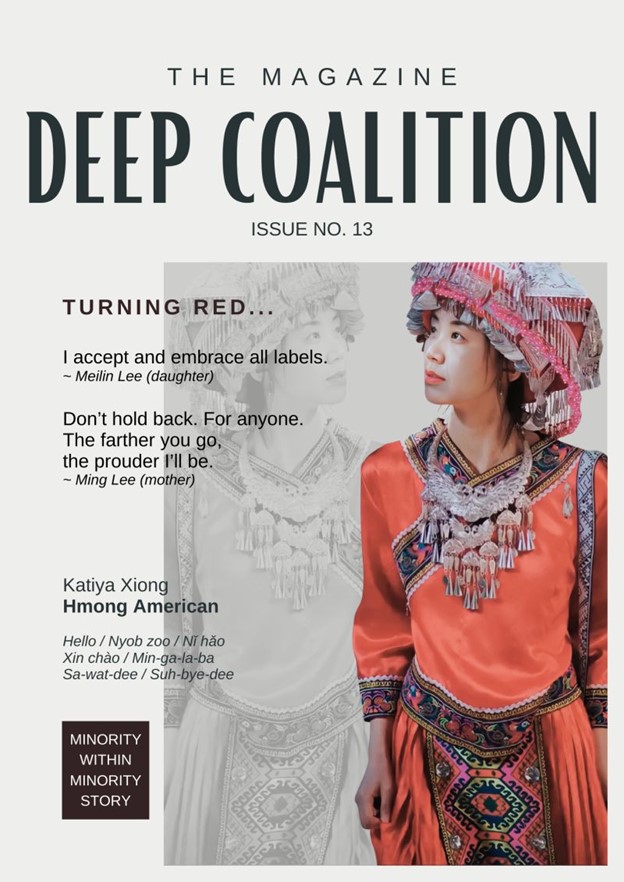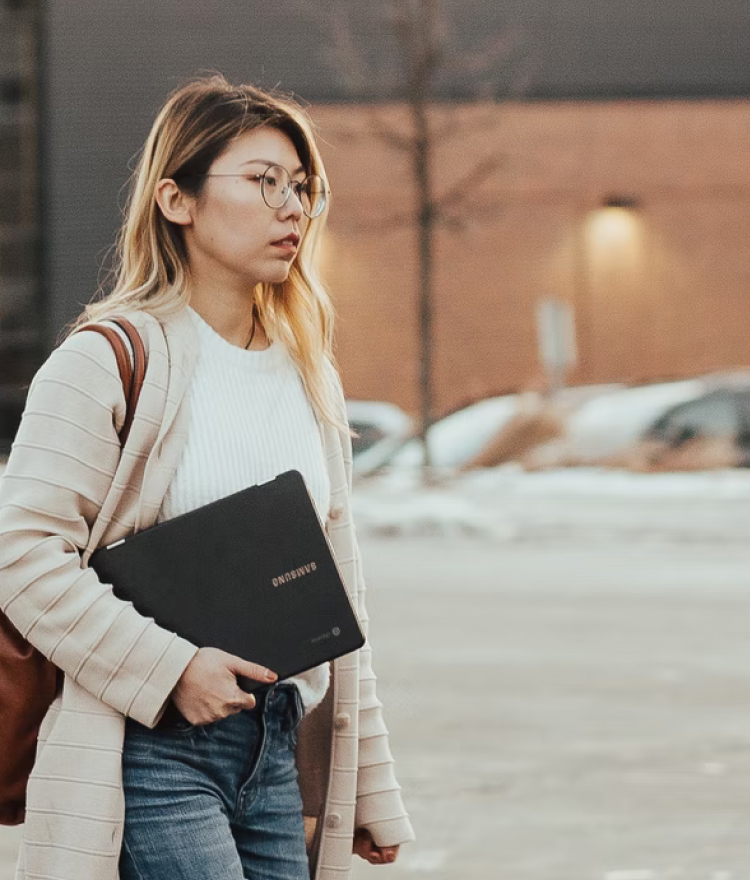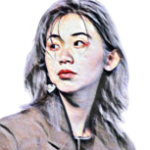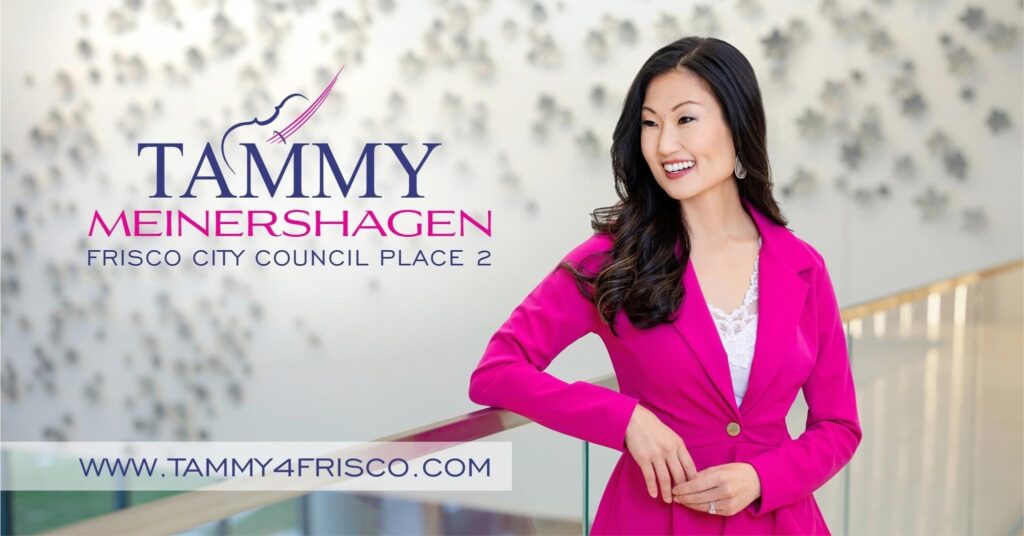I was born in a refugee camp in Thailand where children learned to mature early on by mind over words. I have a fading memory of my parents often saying these words: salt, water, and rice. When I got older they told me that they were constantly seeking out these resources.
At age 4, my family immigrated to the United States. We arrived in central California through private and church sponsorships. We survived on welfare and public housing benefits. I remember counting the first stack of food stamps, putting away the dozens of cans of food, and sorting out the many bags of gifted clothes. When we got the keys to our two-bedroom apartment, my mother said that I was experimenting with each room, opening and closing doors, windows, and drawers trying to enjoy every inch of the huge space.

From ages 5 to 6, I was filled with joy to be a part of the American school system and my goal was to learn English fast. It didn’t take me long to make sense of words and communicate in phrases to teachers, classmates, and doctors. One day, my teacher handed me a health questionnaire to take home. My eyes went to the checkboxes and I put an X where it said white. I asked my father to complete the rest and he said, “You did it wrong. We are assigned the color yellow and the correct box is Asian.”
From ages 7 – 10, I became confident in my English and was able to do some translation and interpretation work for the family. I discovered my love for the public library and often spent hours at its facilities reading away. I enjoyed walking everywhere. At age 8, I accidentally walked into a video rental store thinking that it was a mini-mart, not knowing that this would be the beginning of my journey towards mastering conversational Thai and bringing me back to where I was born. As I binged-watch Thai and Thai-dubbed Korean, Chinese, and Indian films, I learned a lot about these other cultures as well.
From ages 11 – 14, I could at any time turn myself into a 1st, 2nd, or 3rd generation Hmong. This means that if I wanted to go old school, I would mix both Hmong and Thai words into my speech to make my parents, aunts/uncles, and grandparents who grew up in Laos and Thailand (1st generation) feel like I was a part of their upbringing. If I wanted to go new school, I would only speak in English to Hmong people who started school here (3rd generation). I classify myself as a 2nd generation Hmong as this group typically arrived in the U.S. as kids or young adults who either developed proficient English or broken English. I didn’t realize at this age that I was trying to bridge the intergenerational gap in the Hmong American community.
From ages 15 – 18, my family moved to the east coast where I received my first job experiences at a potato chip company, plastic factory, and Dunkin’ Donuts. In the summer of my high school graduation year, I passed the U.S. citizenship test, and that fall, I started college.
Another whole new world opened up for me.
Disclosure: MyAsianVoice is committed to publishing original and third-party content that is relevant and useful to the Asian female. The content posted are strictly the views of the experts’ or contributors’ own and does not reflect the views of MyAsianVoice.
Get a monthly dose of our latest insights!


About
myasianvoice
At MyAsianVoice, we connect Asian Americans to surveys and research to bridge the Asian data gap.
Join our growing respondent list >>

